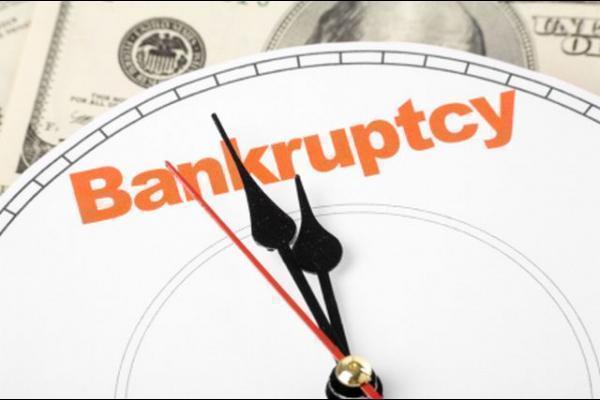Previously believed to be something that only occurred to businesses, bankruptcy is a financial option that has become progressively more popular for the average Joe. Essentially, bankruptcy is a method of debt elimination and is possibly the most effectual and proficient debt solution presently available. Progressively more individuals are employing bankruptcy as a means of abolishing uncontrollable debt – which is why the amount of people filing for bankruptcy has significantly grown globally in past few years.
Bankruptcy in South Africa is attainable in various ways, subject to whether the debtor is a legal entity or a natural (actual) person. The label ‘natural person’ signifies a solitary female or male, a married couple whose shares assets, a person married – without sharing assets with their spouse, a partnership and a sole proprietor. The term ‘legal entity’ denotes Private Companies, Public Companies, and Closed Corporations etc.

One should start considering bankruptcy if you are broke/insolvent and creditors have warned against or already begun legal proceedings against you so as to:
- Assign your assets and sell them at a local auction. Most assets typically sell for very low prices at these auctions, because there is no reserve price and the auctions are usually inadequately advertised. The profits from such an auction are reduced even more by the subtraction of numerous commissions and fees. These fees include the storage and removal fees, auctioneer’s commission, the legal fees of the creditor and the collection commissions/fees.
- Assign debts due to your business or yourself (accounts still payable by your clients) by means of a court order, subject to legal fees, collection commission and interest.
- Assign a percentage of your salary/income by means of a court order, which will then be subject to legal fees, interest and collection commissions.
Typically, creditors will keep instituting legal procedures against you up until the debt has been cleared in full. This includes the interest on the capital amount, collection commissions, legal fees, and other expenditures. The legal fees are generally charged on an attorney-to-client scale, which could effortlessly result in an enormous legal bill.
The chief objective of bankruptcy is to give honest debtors a new start in life, by means of alleviating them of their debt, conditional on certain terms and conditions. Once a debtor becomes insolvent, they may consider applying for bankruptcy as a debt solution so as to:
- To avoid paying creditors for years to come, since these payments are first used for compensation of the creditors’ attorneys’ legal fees, collection commission and interest, before ultimately effecting a set-off against the capital debt.
- To solve a debt crisis in which the creditors are stubborn or unwilling to accept alternate payment plans, so as to reform the debt repayment in more affordable monthly instalments.
- To avoid paying indefensible amounts for regretful business decisions, errors or unexpected economic changes over which the debtor had no power, which ultimately resulted in a state of insolvency.
- To have a neutral person liquidate the assets and disperse the earnings amongst creditors, without unjustified preferences befalling anyone.
- To allow an insolvent person to make a clean slate and to offer them the chance to start rebuilding their financial life from scratch.
- To sustain legal proceedings and stop the harassment by creditors, their legal team and debt collectors.
This article was provided by John Conrad for top South African debt consolidation Company.

